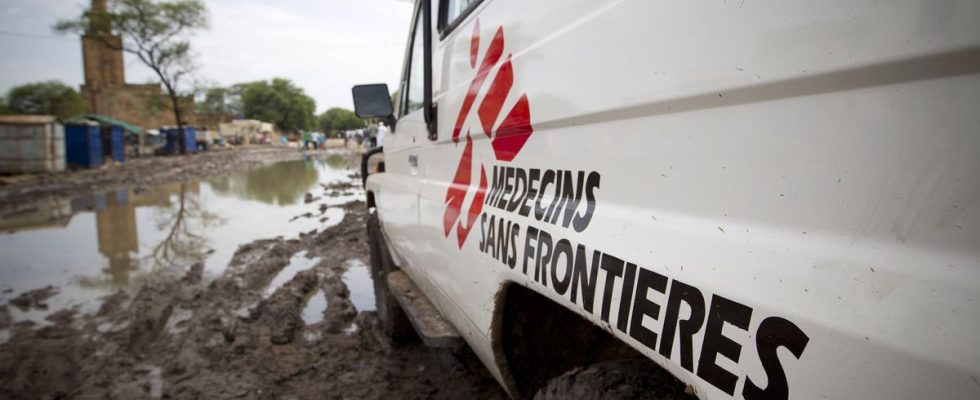In 2016, Doctors Without Borders (MSF) ended its mission with migrants in Calais. Not that the situation on site was resolved, far from it, but because a transfer of skills had been carried out with a device for permanent access to health care (Pass). Except that, seven years later, the NGO found that this was no longer sufficient in the face of the physical and psychological distress of the exiled people present on the coast.
“At the time, it was an emergency project, because there was a need to quickly get people to safety. Today, the context is such that the needs are still there, because the policies have not changed, or even worsened,” explains Serena Colagrande, spokesperson for the MSF France mission. “The systematic dismantling carried out by the police, sometimes with violence, the confiscation of personal property, marginalization and obstacles to solidarity have led to an ever greater precariousness of exiled people and contribute to the deterioration of their state of health”, declares Pauline Joyau, MSF project coordinator in Calais, in a statement. An observation which therefore led the NGO to redeploy a team in Calais.
“Physical violence” and “traumatic experiences”
In addition to this coordinator, the team is made up of a nurse, a psychologist, a social worker and two cultural mediators. All of them go to the camps, but also to the day centers and the reception houses, in particular to raise migrants’ awareness of “mental health issues, identify the most vulnerable cases through psychosocial activities and refer them to the Permanence of access to care or the hospital”, details the NGO. During their patrols, the members of the MSF team have already seen recurring pathologies, including respiratory problems linked to the cold and the lack of treatment for infections, or traumatological pain linked to attempts to pass through the truck. Not to mention the “physical violence during their migratory journey” and the “traumatic experiences”, such as the shipwreck in the Channel.
MSF recognizes that there are fewer migrants today than in 2016, “because the passages are easier”, we are told. “Easy” passages, but not sure for all that. Between 1999 and 2023, “more than 350 people lost their lives in France, Belgium, the United Kingdom or at sea trying to reach England”, deplores MSF. Dramas that the NGO attributes to the “reduction of safe and legal access routes to the United Kingdom”.
MSF also denounces the “obstructing relief organized against associations, as well as the pressure exerted on volunteers”. So many reasons that make it impossible to determine an end date for the NGO’s mission. “Our vocation is not to stay in Calais forever, but we will stay as long as necessary, until a system that works is put in place with appropriate care for these people who have lived violence,” says Serena Colagrande.

